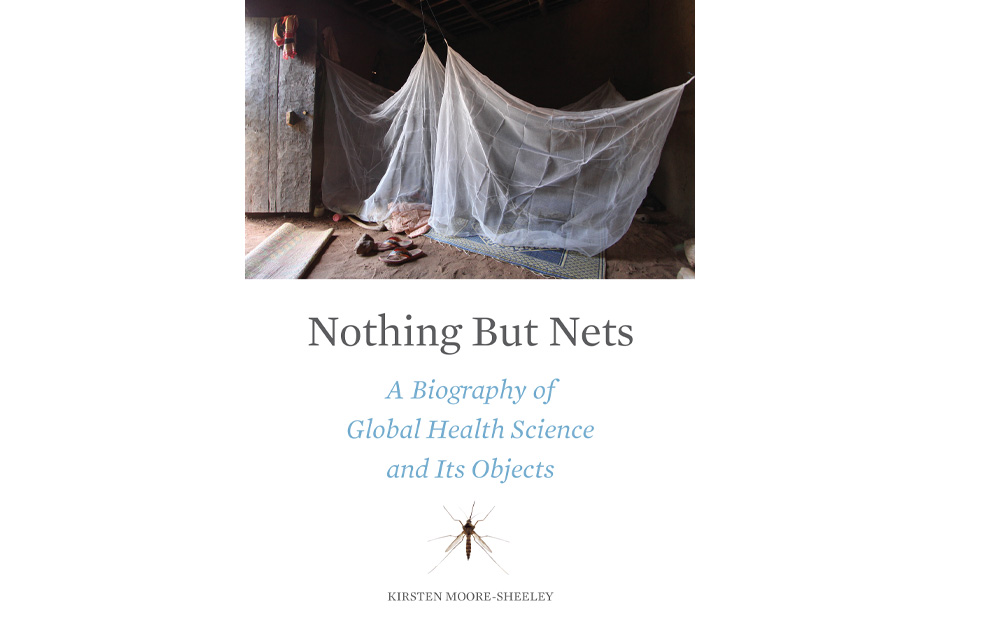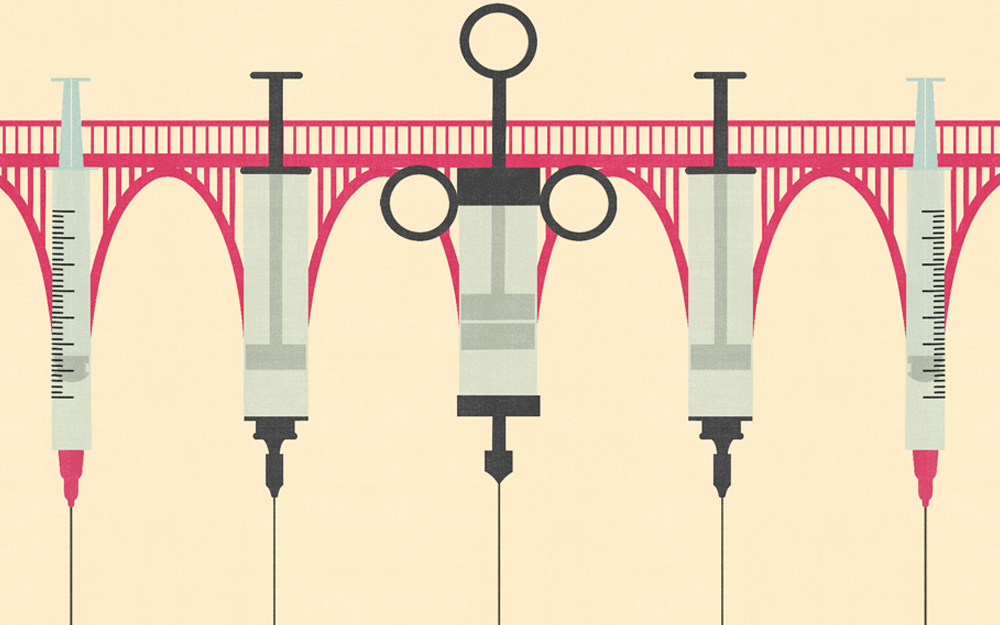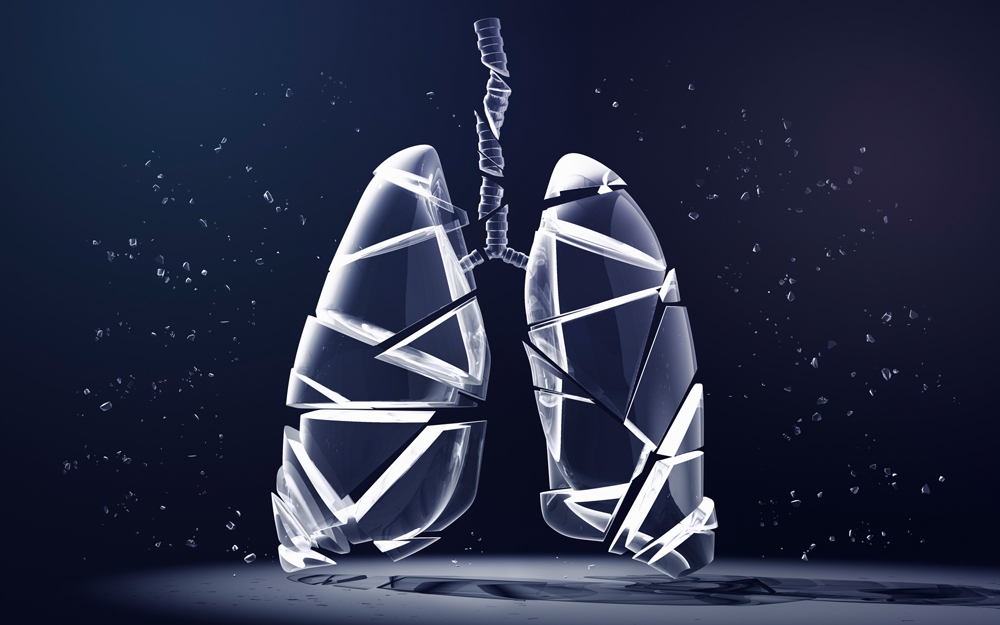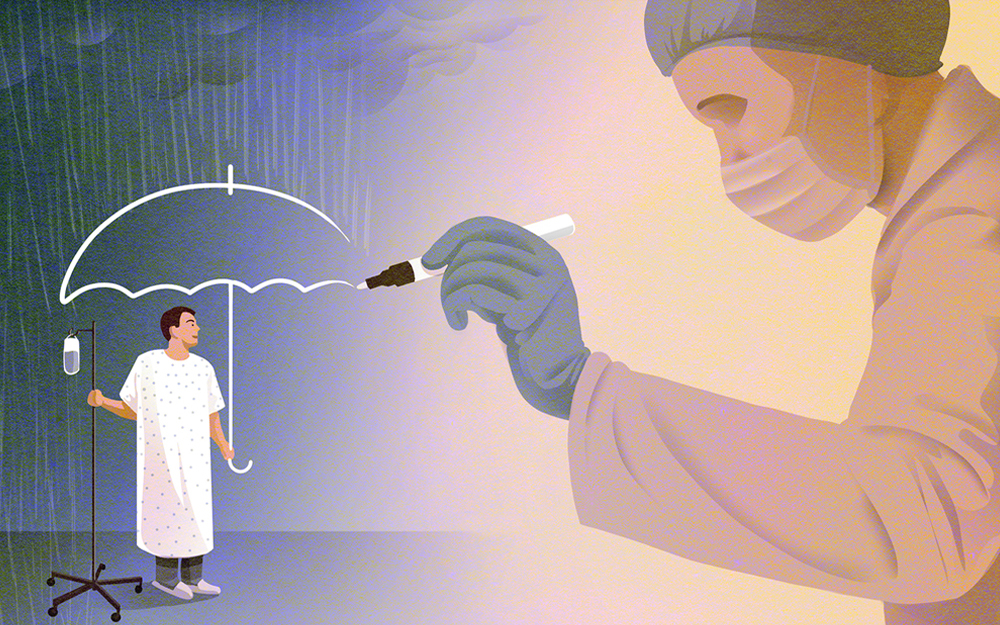New Therapies for Acute Respiratory Distress Syndrome
Date
November 1, 2021
Credits
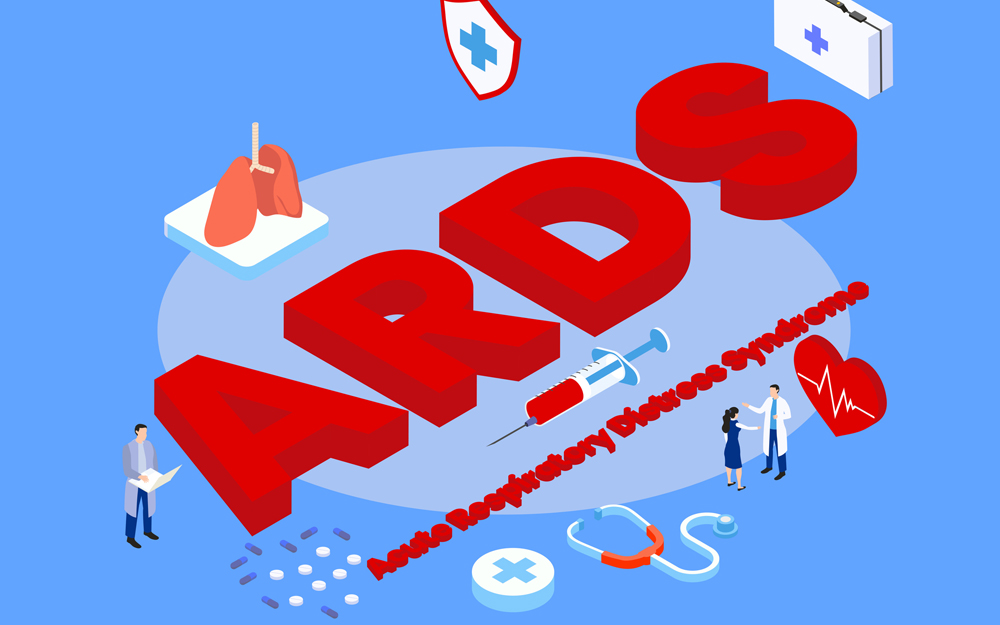
Date
November 1, 2021
Credits
Medical providers featured in this article
In Brief
{{cta-block}}
Each of us has around 500 million sacs in our lungs called alveoli, which are responsible for exchanging carbon dioxide for oxygen. But when acute respiratory distress syndrome (ARDS) strikes, fluid accumulates in the lungs and the alveoli collapse. The result is severe oxygen deprivation, and it usually affects people who are already seriously ill or injured, such as those with COVID-19.
Although most COVID-19 patients have mild respiratory illness, some 20% become seriously ill and require hospitalization due to pneumonia that can advance to ARDS and systemic inflammation. ARDS is associated with poorer outcomes, including lasting lung damage and death.
"Because ARDS has such serious consequences for coronavirus patients, it is critical that we understand why it happens and what we can do to treat it," says Peter Chen, MD, director of the Division of Pulmonary and Critical Care Medicine at Cedars-Sinai.
A new study led by Cedars-Sinai elucidates the ARDS/COVID-19 connection. Researchers analyzed the immune systems of COVID-19 patients—some with moderate disease, some with ARDS and others in recovery from ARDS—and compared them to people without COVID-19. The team examined the gene transcription process—the first step in the production of proteins that dictate cellular function—in blood cells that are important for immunity and vaccine responses. The results revealed a range of distinctive defects in the transcription processes in ARDS patients.
The study supports the concept that COVID-19, especially in patients who have progressed to ARDS, is characterized by impairment of the body's regulation of immune responses.
While future research is needed to define the immune impairments in different patient populations, the study's findings suggest the need for targeted approaches rather than broad application of immunosuppressive therapy.
In the Newsroom: Study Finds Immune Flaws in COVID-19 Patients With Lung Failure
